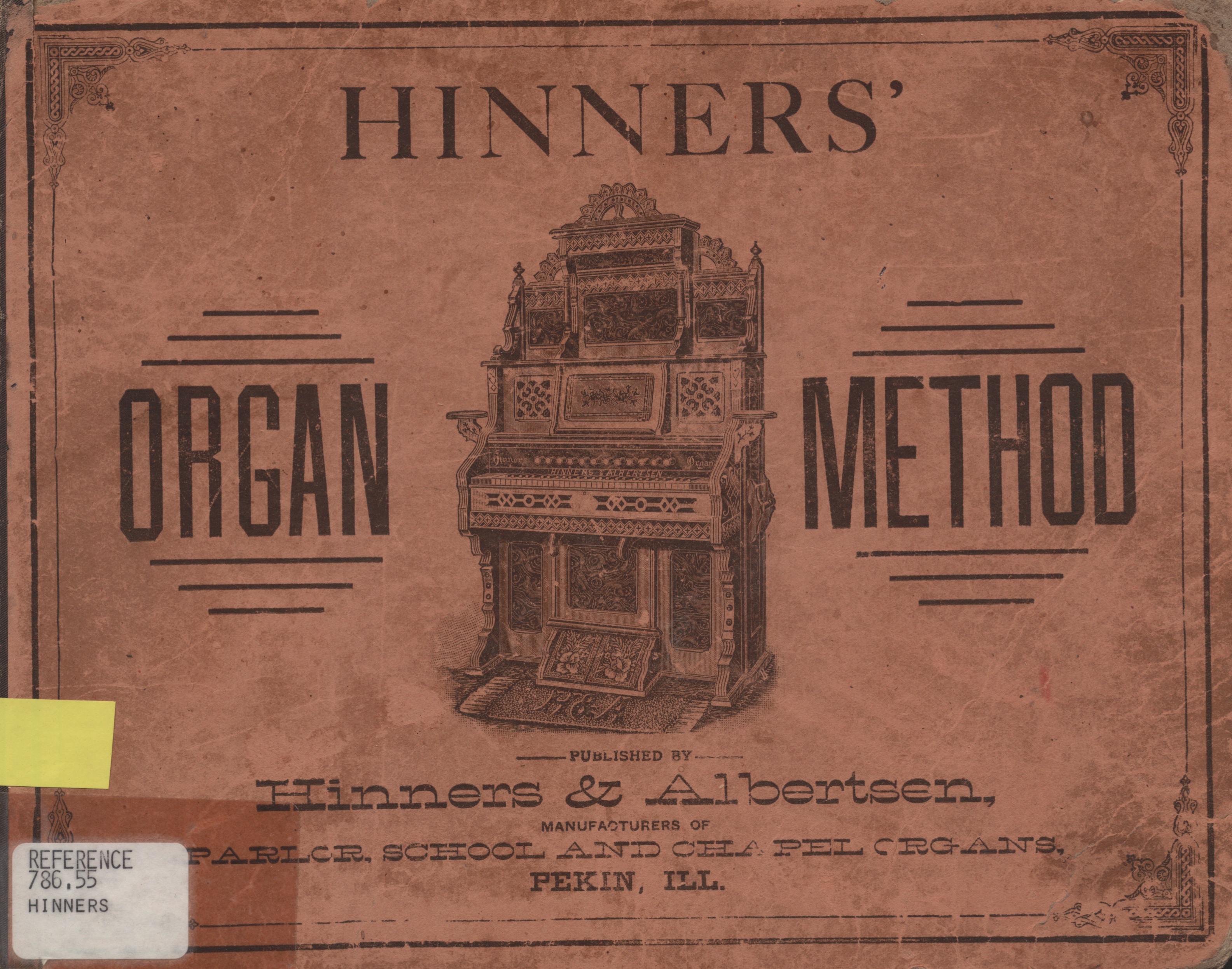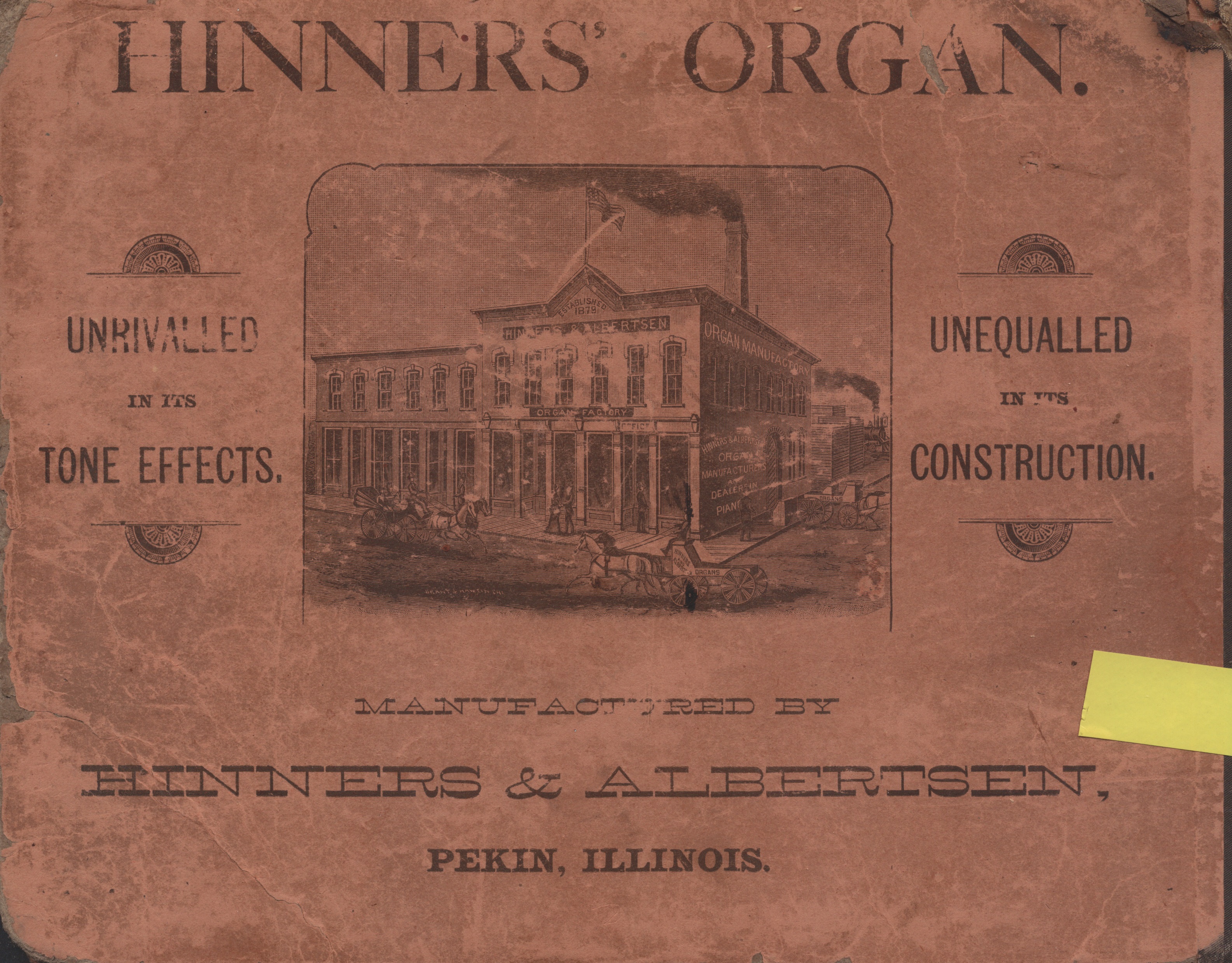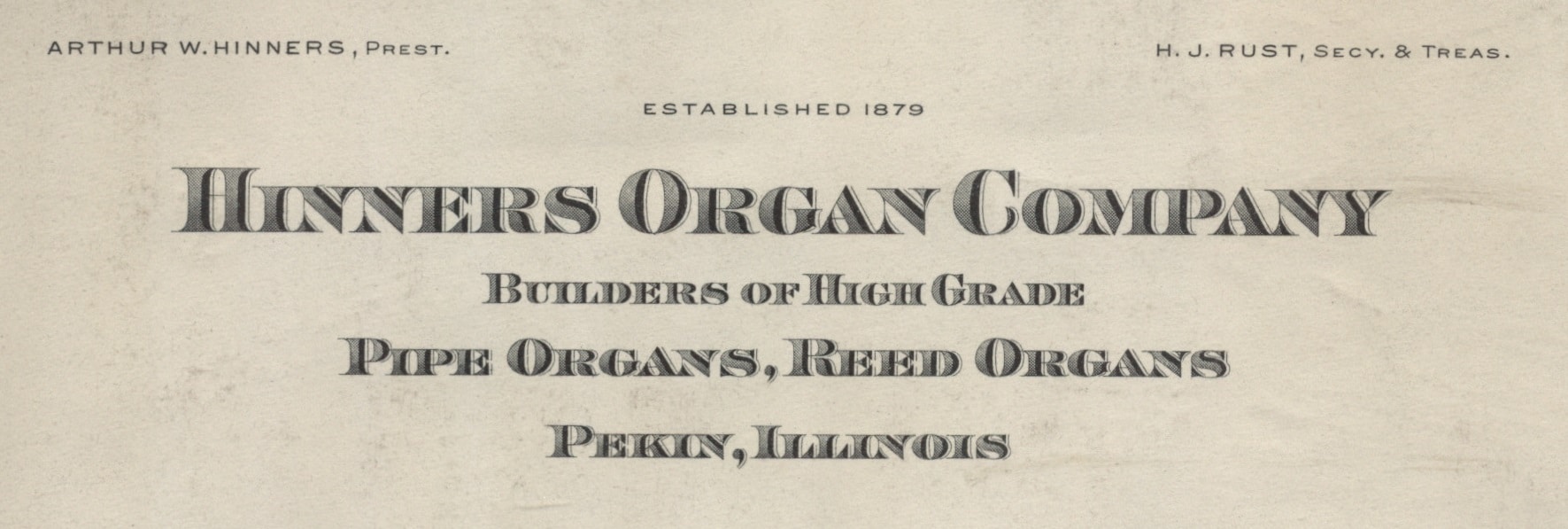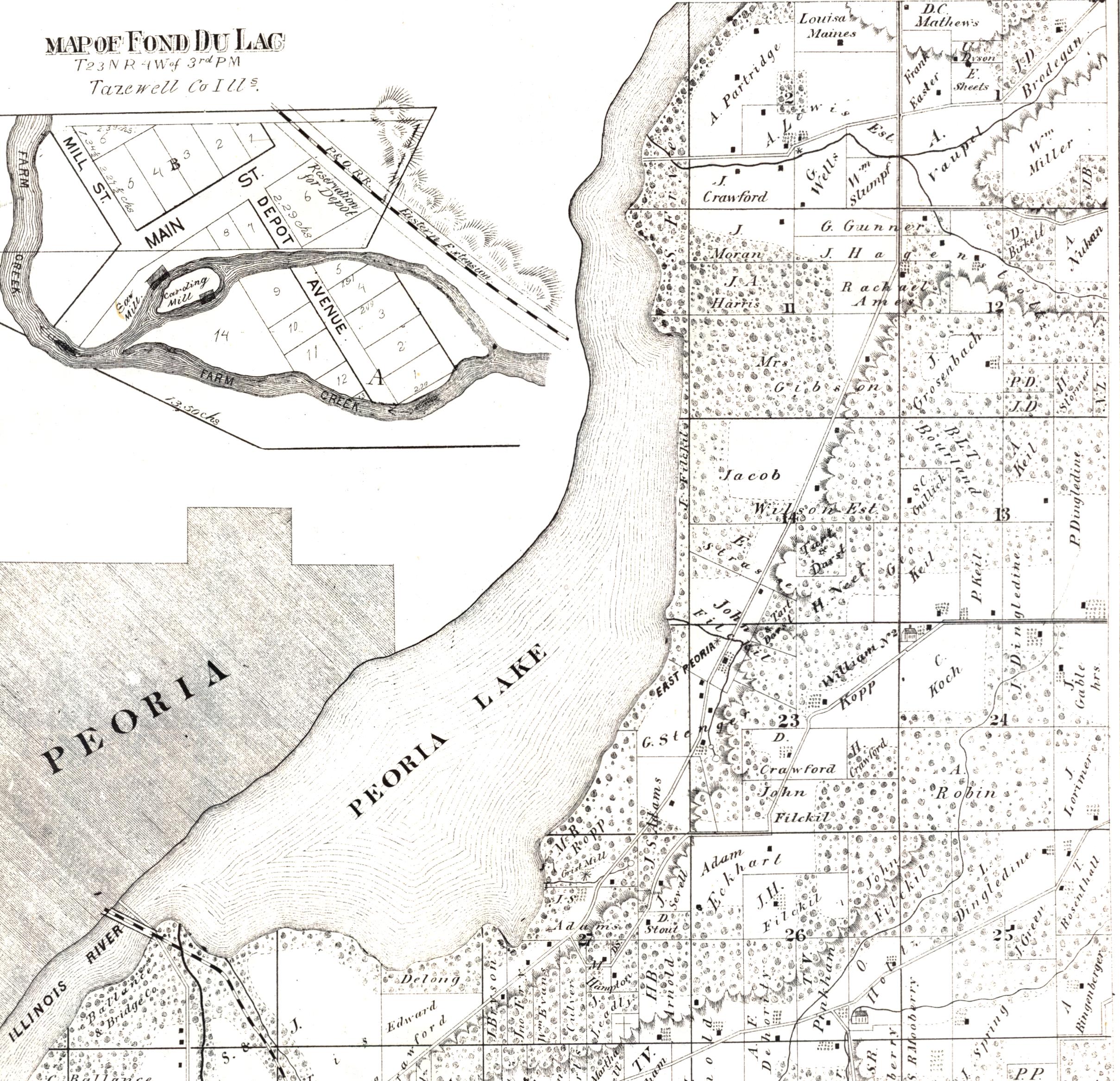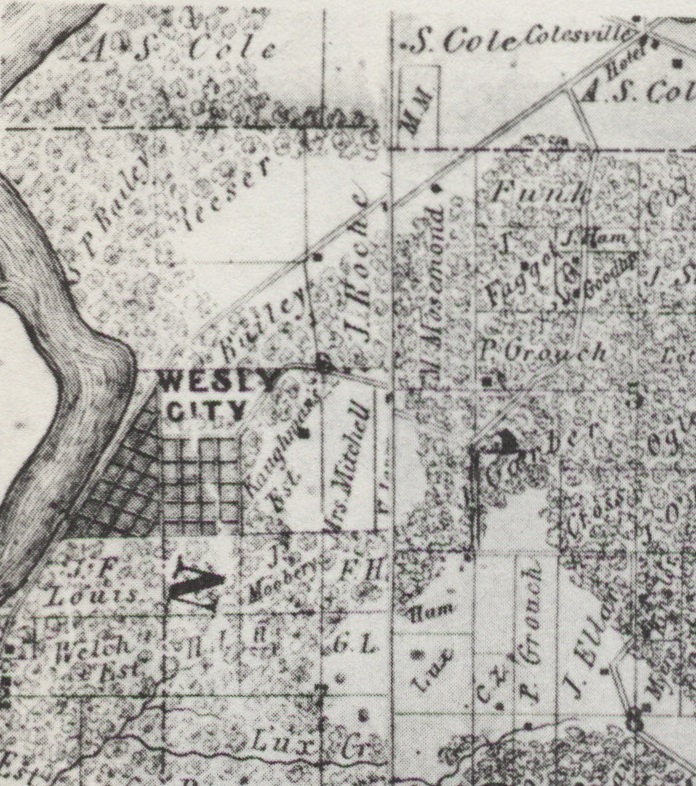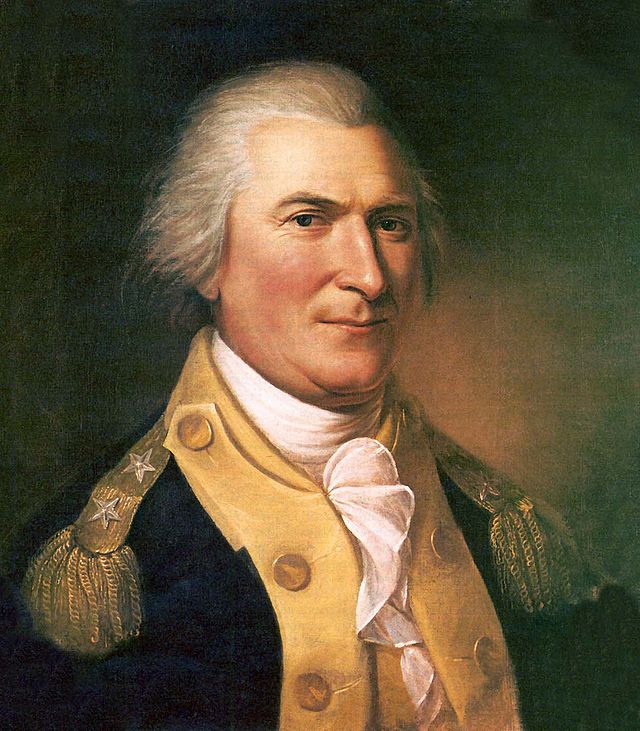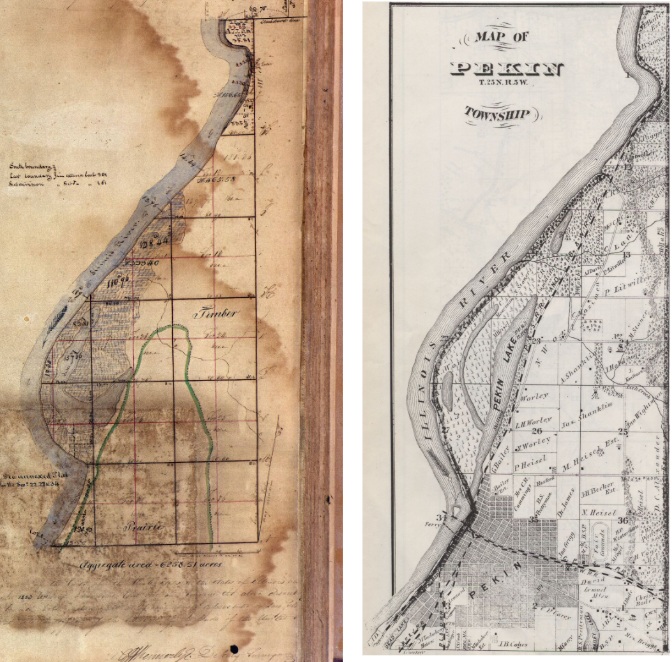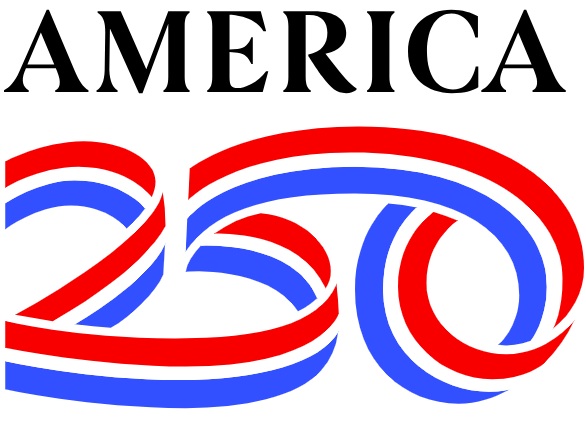This is a slightly revised reprint of a “From the Local History Room” column that first appeared in April 2014 before the launch of this weblog.
It’s not at all uncommon that the Pekin Public Library receives a research question on one subject that might lead to delving into other, related areas of local history.
For example, a few years ago a patron expressed interest in locating a photograph of a former Pekin resident named Gene Stein, who died in Peoria on Feb. 1, 1922, and was buried in Springdale Cemetery. His full name was Eugene Albert Stein, and he was born in Pekin on May 26, 1864, son of German immigrants named Herman and Emma (Hinckle) Stein. His wife was Eleanor “Lallie” Erler (1879-1946), daughter of Franklin and Elizabeth (Howells) Erler. As a first step in the search, Stein’s obituary was found in the Pekin Daily Times. Though by no means an extended account of his life, his obituary is quite informative. It turns out that Stein was well-known in Pekin.
His obituary says he was “one of the best known musicians, composers and orchestra directors of this vicinity. . . . ‘Gene,’ as he was familiarly known to nearly everyone in Pekin, grew to manhood here and always was identified with this community. . . . Known far and wide as one of the best musicians of this section, ‘Gene’ was for years identified with the Hinners Organ company here and with the Capitol theatre, where he was orchestra director. Just previous to his last illness, he gave up his orchestral work to become manager of the Pekin Music company.”
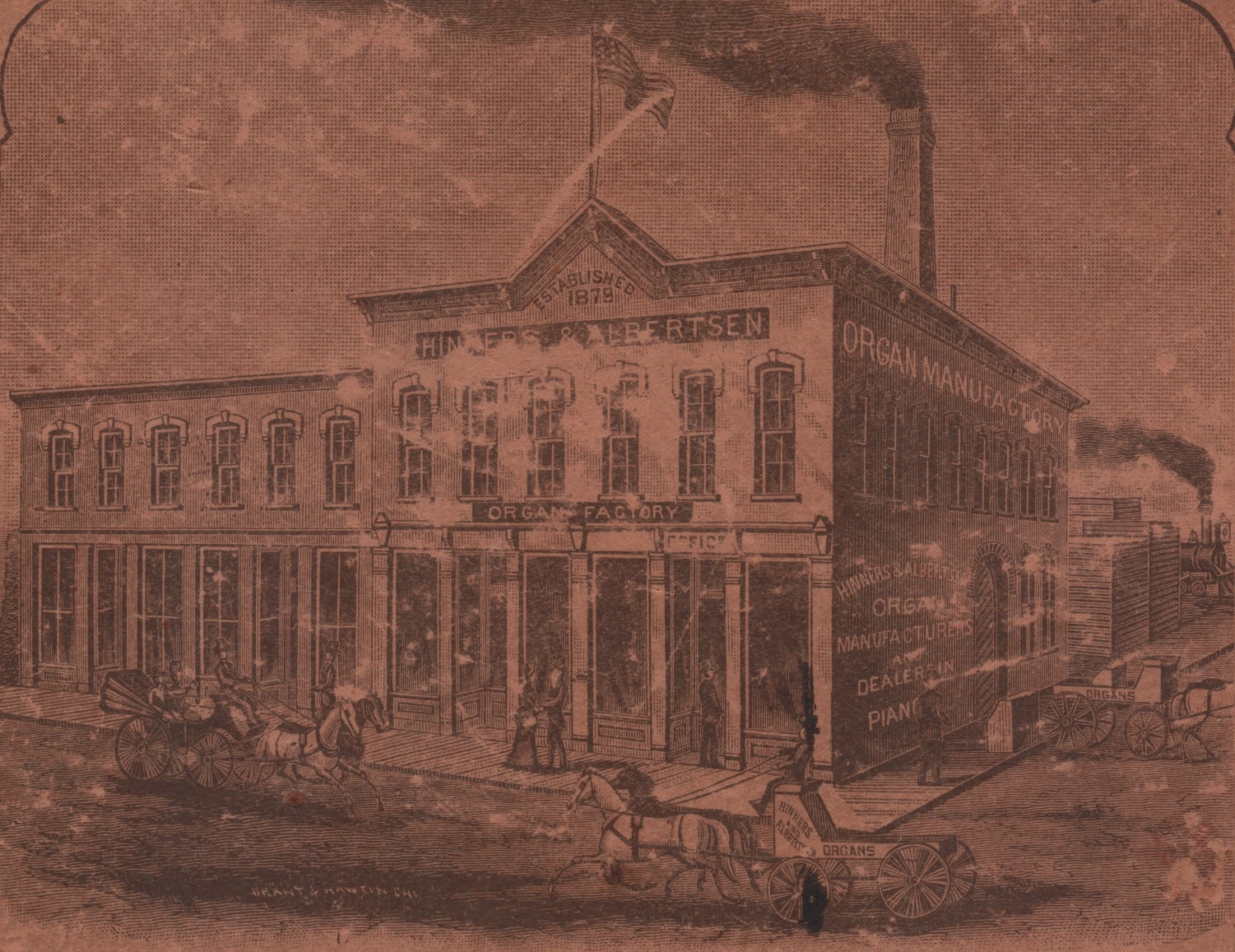
The name of Hinners is prominent in Pekin’s history, and references to the Hinners’ Organ Company – that is, Hinners & Albertsen – appear several times in the standard works on the history of Pekin. For example, the 1949 Pekin Centenary, page 147, says, “For years, too, the Hinners Organ Company, founded in 1879, was one of Pekin’s leading factories, producing thousands of Hinners reed and pipe organs, sold to all parts of the United States, Europe, and other parts of the world.”
The Hinners organ factory was located at 125-131 Court Street, at the corner of Court and Second streets. Another old publication, the Industrial & Commercial edition of one of Pekin’s former newspapers, the Pekin Post-Tribune, includes the following two paragraphs about Hinners on page 21:
“In 1879 the manufacture of organs was inaugurated in Pekin by John L. Hinners. The first organs were made by him and one assistant. Small and insignificant as was the enterprise in the beginning, it has steadily developed in a natural and healthy manner and today it is one of the principal and most successful manufactories of the city. The establishment at the outset began the system of selling without agents, direct from the factory at factory prices, to private purchases.
“Messrs. Hinners & Albertsen enjoy a growing business. Only first-class lumber is used in organs. The firm procures the very best, direct from persons whose specialty is the preparing of lumber for organs and pianos. The aim of the company is not to create an opportunity for any one to gain by influencing sales of organs, but to offer to actual purchasers and users of organs the best possible organs at the lowest possible price. Reed and pipe organs are manufactured.”
Despite the well-earned reputation for quality, Hinners’ went out of business just prior to World War II, the victim of advancing technology – Hinners’ rivals had faster, more efficient, automated factories that enabled them to sell organs at much lower prices.
Because the Hinners’ company once occupied a privileged place in Pekin’s economy, the Pekin Public Library’s Local History Room keeps a “Hinners” file that includes newspaper clippings, essays, papers, and booklets related to the history of Hinners’. One of the books in the library’s Hinners collection is a copy of “Hinners’ Organ Method,” an instruction book for learning how to play the organ. No doubt as a musician and employee of Hinners’, Gene Stein taught organ lessons in Pekin.
One thing that is not in the history room’s collection, however, is a photograph of Gene Stein. Anyone who knows of such a photo may call the library at 347-7111, ext. 2, or the Tazewell County Genealogical & Historical Society at 477-3044.
